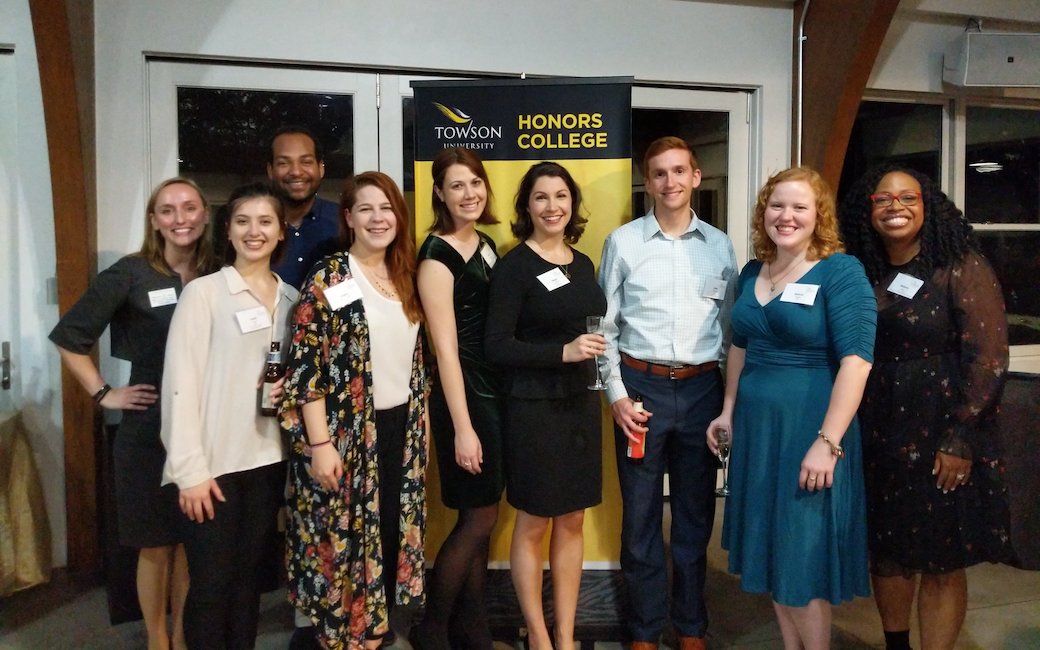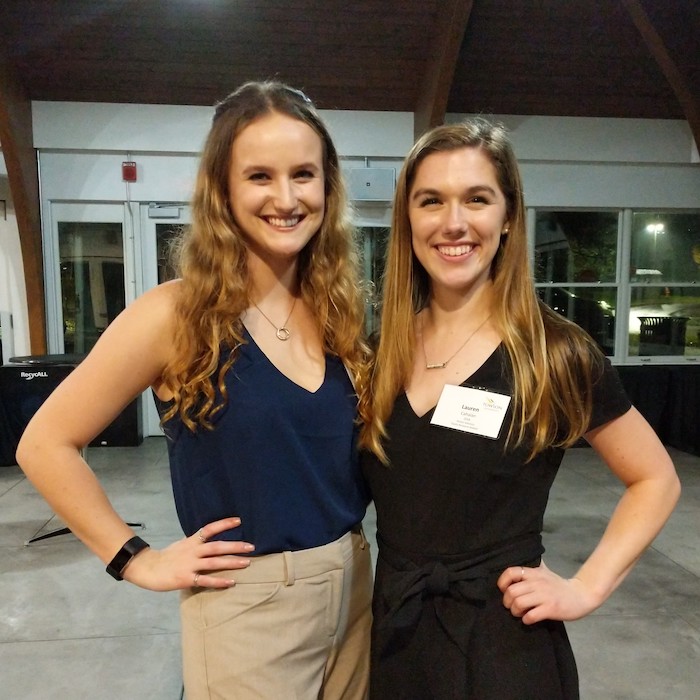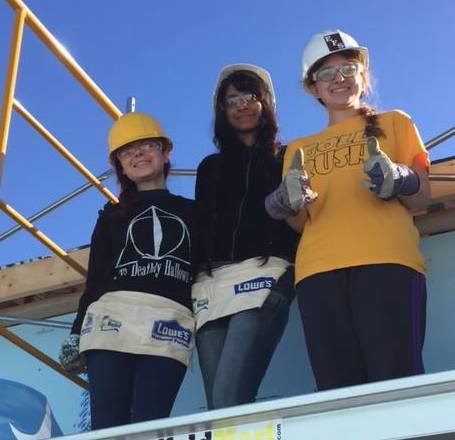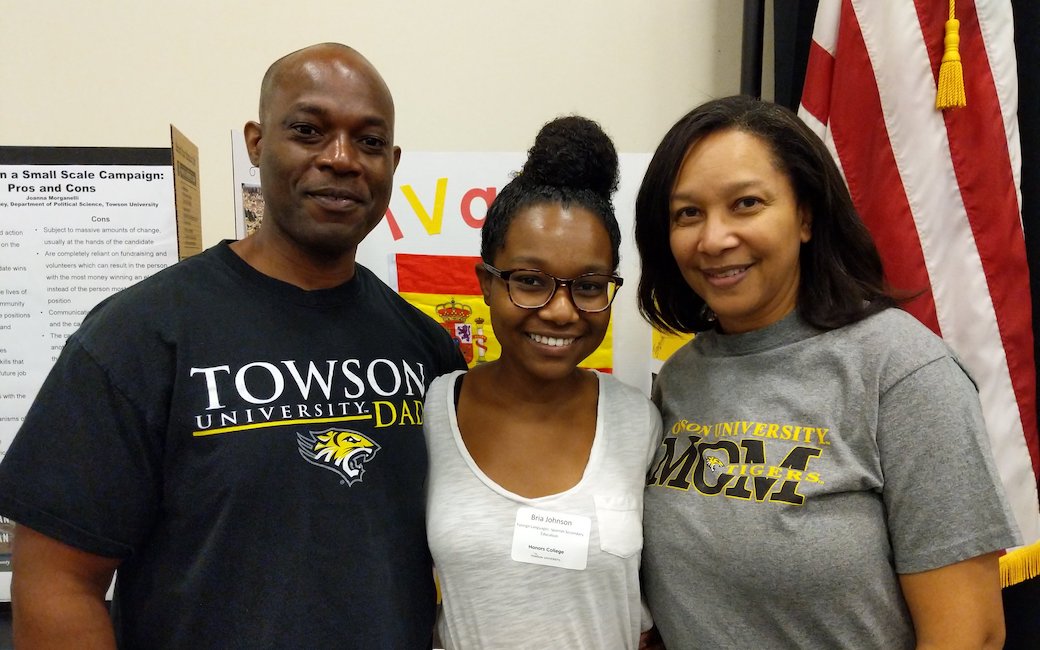TU’s Honors College celebrates 20 years
Alumni, students honor the past and look to the future
By Megan Bradshaw on November 8, 2018

On Friday, Nov. 2, over 70 alumni and friends of the Towson University Honors College gathered to celebrate 20 years as a fully recognized college at TU. The event honored how far the college has come and its limitless potential.
Officially founded in 1998 as a full academic college, it was proposed nearly 20 years earlier by then-Vice President of Academic Affairs Joseph W. Cox. In the mid-1980s, TU’s honors program offered courses in English, speech and mass communication, biology, psychology, sociology and anthropology, and economics with an eye for adding philosophy, history, art, and political science courses.
The college has grown to comprise over 700 students from a variety of disciplines, who are attracted to an increased focus on experiential learning, outstanding faculty, enriched seminars and community engagement.
Introductory-level coursework was developed in the ‘90s, while the upper-level courses were added in the ‘00s, with an emphasis on broadening their interdisciplinary nature and including opportunities for experiential and service learning, internships and studying abroad.
“The interdisciplinary nature is something that drew me to the Honors College and really syncs with me,” said Lindsay Roberts, ’10, an attorney for the U.S. government. “The Honors College really shaped how I do my work. I’m always thinking about problems from different angles.”

Now, in addition to completing general education requirements, Honors students must be enrolled full time, maintaining a cumulative GPA of 3.3 overall and 3.0 in Honors courses while participating in experiential and/or advanced learning and co-curricular programs like career development workshops, Honors-specific programming and experiencing local cultural events.
Honors students’ residential communities—initially located in Richmond Hall before moving to Douglass House—sparked the enormous growth in Honors activities and cemented a group bond prized by its members.

Roberts remembers the start of Generation Jeopardy in the mid-2000s and how “excited the staff and faculty were to connect with students in this way,” calling the overall interaction of the community “really unique.”
Alumna Elizabeth Sebastian ’13 agrees.
“I lived in Richmond Hall for two years, and the family that was created there was unlike anything else I experienced at Towson, with all the events that the Honors College hosted,” says Sebastian, who is head of the science department at Fusion Academy and an associate researcher at NASA.
Students are advised by Honors faculty and staff from day one, and students value that personal attention.
“Honors students are very bright and extremely motivated,” says Alison McCartney, Honors College faculty director and professor of political science. “Sometimes they just need you to provide the structure for them to start their journeys.”

The interdisciplinary nature of the curriculum, the high level of engagement of the community members and the focus on experiential learning, research and studying abroad has made TU’s Honors College a model that universities across the country want to emulate.
But Terry Cooney, dean of the College of Liberal Arts and rector of the Honors College, and McCartney still see ways the college can grow.
“We’d like to increase the socioeconomic diversity within the college,” Cooney states. “We’d like to be able to support our students even more, especially in small ways, like subsidizing transportation to internships. And, of course, we’re always trying to expand the breadth and depth of our course offerings.”